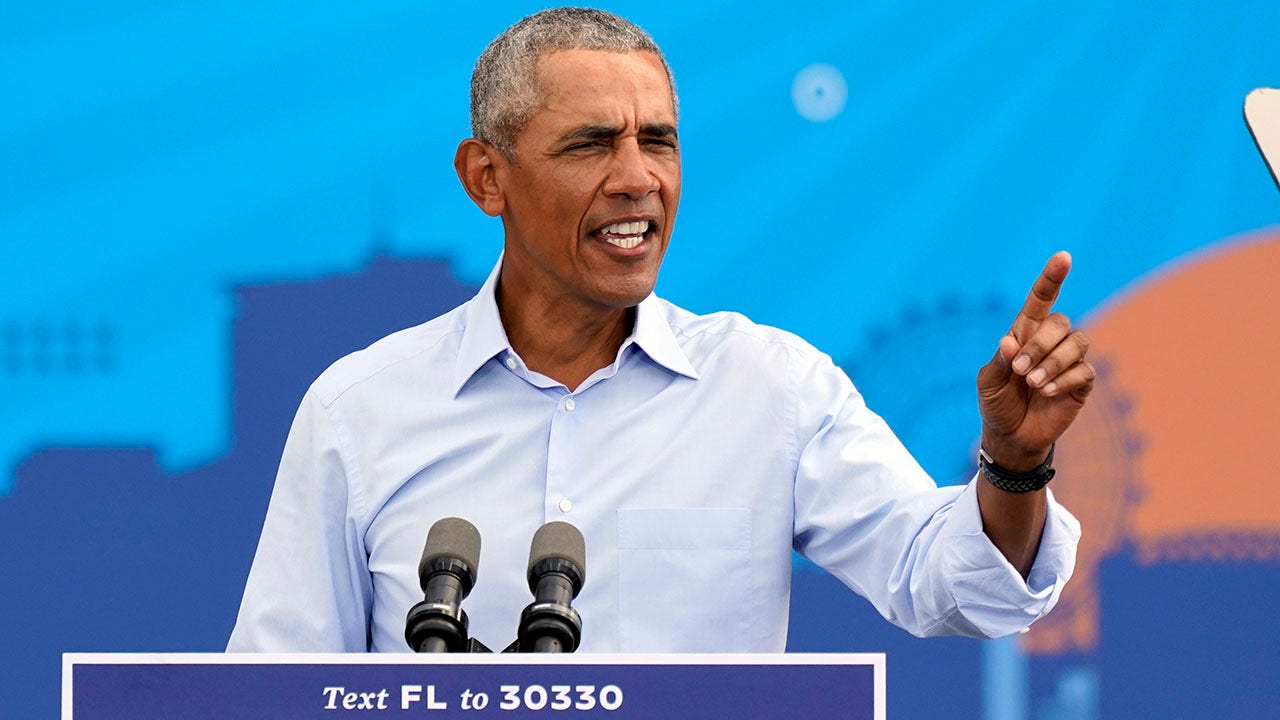Obama Advocates for Expanded Healthcare Access Amid Ongoing Crises
In a time when healthcare access has become a pressing issue for millions, former President Barack Obama is stepping back into the spotlight, urging lawmakers and the public to support a significant expansion of ObamaCare. His advocacy comes in the wake of ongoing crises that have exacerbated healthcare disparities across the United States. With economic challenges, a pandemic that has left many vulnerable, and systemic inequities in healthcare, Obama’s call to action seeks to address these urgent concerns and enhance access to quality healthcare for all Americans.
The Case for Expanded Healthcare Access
Healthcare has always been a contentious topic in American politics, but recent events have highlighted the critical need for reform. The COVID-19 pandemic revealed stark disparities in health outcomes based on race, socioeconomic status, and geography. Millions lost their jobs and, consequently, their health insurance, which has placed an additional burden on an already strained system. In this context, Obama’s advocacy for expanded healthcare access is not just timely; it’s essential.
ObamaCare, formally known as the Affordable Care Act (ACA), aimed to increase the number of insured Americans and curb rising healthcare costs. However, despite its successes, significant gaps remain. Today, about 30 million Americans are still uninsured, and many more underinsured, facing high deductibles and out-of-pocket costs that deter them from seeking necessary care.
Addressing Systemic Disparities
One of the most compelling arguments for expanding ObamaCare is its potential to address systemic disparities that have long plagued the American healthcare system. The pandemic has amplified these disparities, with minority communities suffering disproportionately from both the virus and the associated economic fallout. Obama’s push for expanded healthcare access emphasizes equity, aiming to ensure that everyone, regardless of their background, has access to essential health services.
- Racial Disparities: Data shows that Black and Hispanic communities have faced higher rates of COVID-19 infections and deaths. Expanding healthcare access can help improve outcomes by ensuring these populations receive preventive care and timely treatment.
- Socioeconomic Barriers: Low-income individuals often forgo medical care due to cost. By expanding subsidies and coverage options under ObamaCare, more people can access the healthcare they need without financial strain.
- Geographic Inequities: Rural areas frequently lack adequate healthcare facilities. Expanding telehealth services and incentivizing providers to work in underserved areas can help bridge this gap.
Potential Solutions for Expansion
Obama’s vision for healthcare access includes several key initiatives aimed at broadening the scope of ObamaCare. Here are some proposed solutions that could enhance healthcare access for millions:
- Increased Subsidies: One of the most effective ways to make healthcare more affordable is through increased subsidies for low- and middle-income families. By expanding financial assistance, more individuals can afford insurance premiums and out-of-pocket expenses.
- Medicaid Expansion: Many states have yet to expand Medicaid under the ACA. Encouraging these states to adopt expansion could provide millions more with access to healthcare services, particularly in low-income populations.
- Public Option: Introducing a public health insurance option could create competition in the marketplace, driving down costs and increasing access to care. This option would cater to those who are unable to afford private insurance or who find the existing plans inadequate.
- Telehealth Expansion: The pandemic has accelerated the adoption of telehealth services. Continuing to invest in and expand these services can help reach underserved populations, particularly in rural areas.
A Call to Action for Policymakers
Obama’s advocacy is not just about healthcare; it’s a call to action for policymakers at all levels. He emphasizes the importance of bipartisan support to push through necessary reforms that can lead to expanded access. The political landscape may be divided, but healthcare is a universal concern that transcends party lines.
To make significant strides in healthcare access, Obama urges lawmakers to prioritize the health of their constituents over political agendas. This change cannot happen overnight, but with concerted effort and determination, the U.S. can move closer to a system that provides equitable healthcare for all.
Community Support and Grassroots Movements
In addition to legislative changes, community support and grassroots movements play a crucial role in advocating for expanded healthcare access. Organizations dedicated to public health, social justice, and community welfare are mobilizing to raise awareness and push for reform. These groups are instrumental in educating the public about their rights and the resources available to them.
Moreover, personal stories from individuals affected by healthcare disparities can humanize the issue and inspire action. When people share their experiences—whether it’s struggling to afford medication or facing discrimination in healthcare settings—it fosters empathy and a sense of urgency. By amplifying these voices, advocates can create a powerful narrative that compels change.
Looking Ahead: The Future of Healthcare Access
As Obama continues to advocate for expanded healthcare access, the future of the ACA hangs in the balance. The ongoing crises facing the nation have underscored the need for a robust healthcare system that can adapt to the needs of its citizens. Whether through legislative measures, community advocacy, or public awareness campaigns, the goal remains the same: to ensure that every American has access to quality healthcare.
In conclusion, Obama’s push for expanded healthcare access amid ongoing crises is a vital reminder of the work that still needs to be done. By addressing systemic disparities and advocating for comprehensive reforms, we can strive towards a more equitable healthcare system. Now is the time for collective action—let us heed the call and work together to ensure that healthcare is a right, not a privilege.
See more WebMD Network



